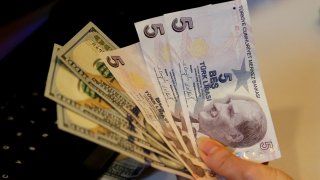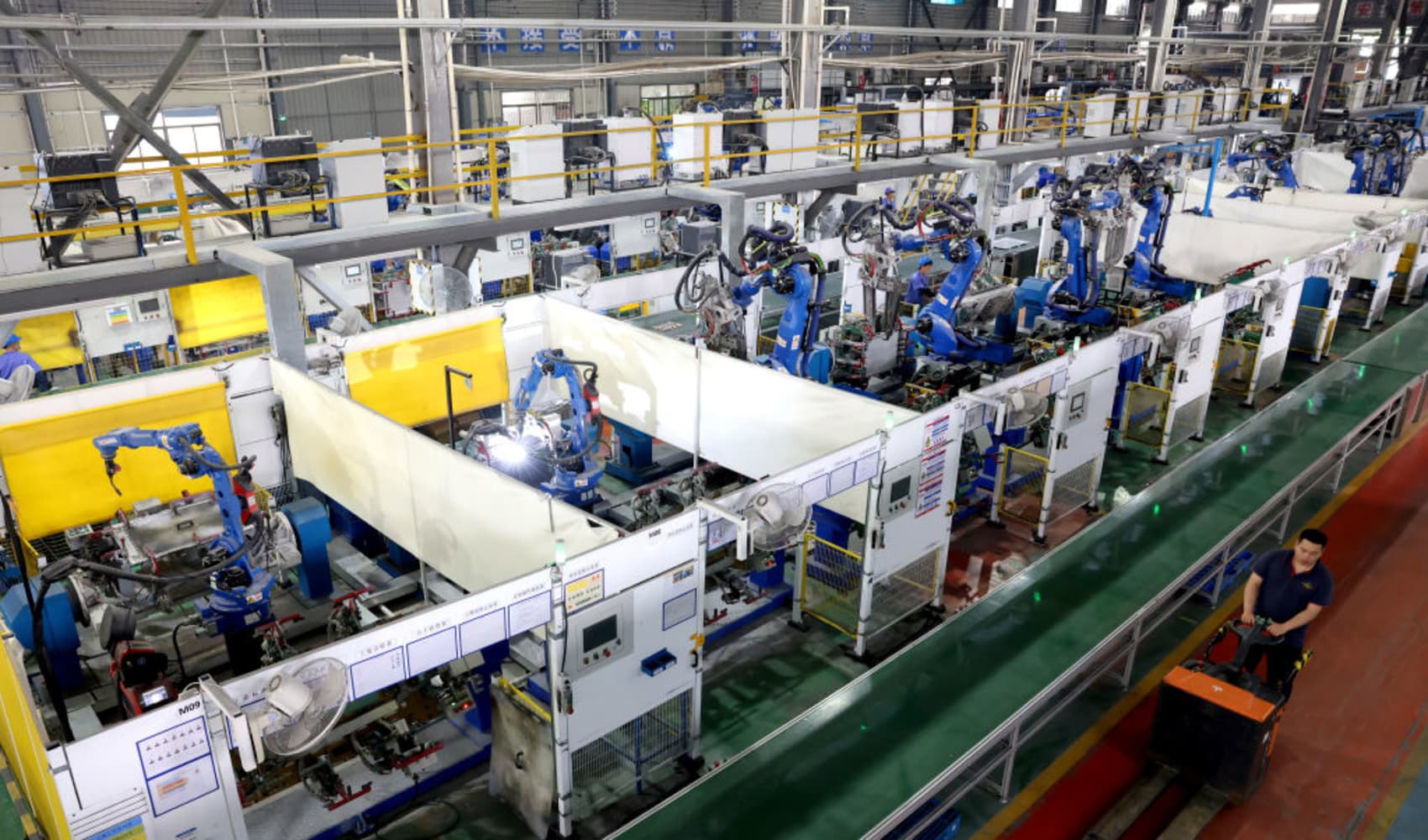
- The Turkish lira has lost roughly 47% of its value in the last full year, in a rout driven by Erdogan's refusal to raise rates as inflation consistently climbed.
- The currency's turbulence has hit Turks hard, as the value of their salaries dropped and living costs dramatically increased.
- Turkey's central bank has cut interest rates by 500 basis points since September to 14%.
Inflation in Turkey has increased to a fresh 20-year high, a higher than expected 54.44% for February, as the lira continues to suffer and energy prices climb.
Prices of consumer goods rose 4.81% on the previous month, according to the Turkish Statistical Institute on Thursday. The producer price index jumped 7.22% on the prior month, clocking an annual increase of 105%.
Record energy imports in January helped Turkey's trade deficit soar, and commodity prices continue to mount amid supply concerns and the Russian invasion of Ukraine. Brent crude is up 53% year-to-date.
Get a weekly recap of the latest San Francisco Bay Area housing news. Sign up for NBC Bay Area’s Housing Deconstructed newsletter.
Turkish President Recep Tayyip Erdogan has prioritized credit and exports, while consistently arguing — against all economic orthodoxy — that raising rates actually worsens inflation rather than taming it.
Turkey's central bank has cut interest rates by 500 basis points since September to 14%.
The Turkish lira has lost roughly 47% of its value in the last full year, in a rout driven by Erdogan's refusal to raise rates as inflation consistently climbed. The currency's turbulence has hit Turks hard, as the value of their salaries dropped and living costs dramatically increased. Steep hikes in electricity and natural gas tariffs have compounded the pain for consumers and businesses.
Money Report
The country's January inflation figure was 48.7%, already then the highest in two decades. In mid-February, Erdogan vowed to "break the shackles of interest rates" and lower inflation to single digits. He has blamed Turkey’s currency problems on "foreign financial tools."
Erdogan's government has instead promoted "permanent liraisation," and a "rescue plan" that would see the Turkish central bank guarantee savings in lira by stepping in and making up losses to lira deposits if their value against hard currencies falls beyond the interest rates set by banks.
Analysts say the plan is costly and is essentially a large hidden interest rate hike, and not likely to be sustainable in the longer term.
"Inflation will stay close to these high levels until the very final months of this year, but the central bank and, crucially, President Erdogan seem to have no appetite for interest rate hikes," London-based Capital Economics wrote in a note Thursday.
The dollar had gained just under 1% on the lira on Thursday morning in Istanbul, with the Turkish currency trading at 14.13 to the greenback.






